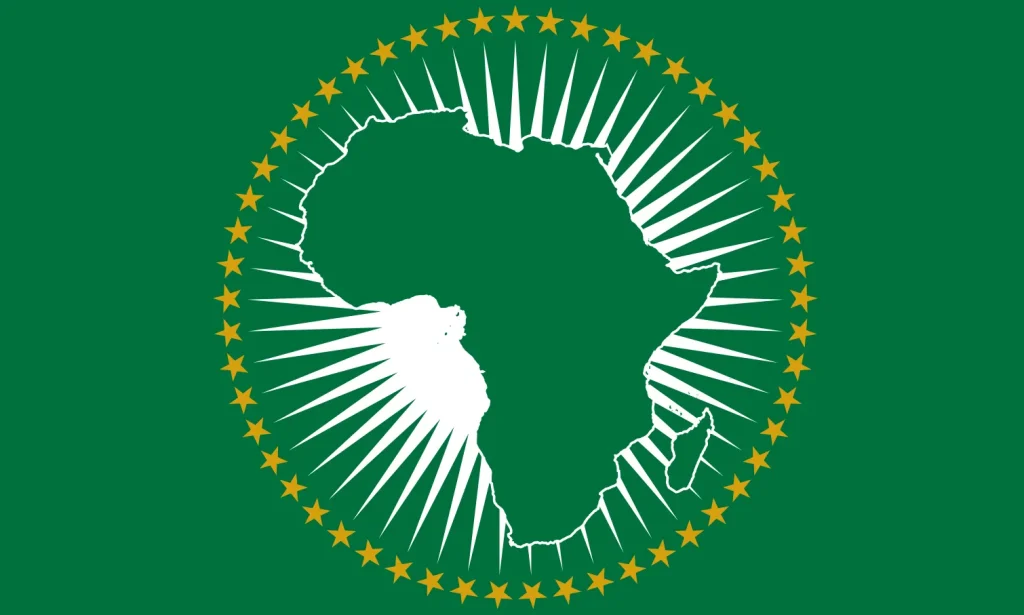The African Union (AU) continues to be a central force in shaping the political, economic, and social landscape of the African continent. Established in 2002 as a successor to the Organization of African Unity (OAU), the AU has evolved into a dynamic institution committed to fostering unity, peace, and development. In 2025, the AU’s role remains crucial as it addresses contemporary challenges while advancing its vision for a prosperous, integrated and secure Africa.
Promoting Peace and Security, Advancing Political and Democratic Governance
One of the AU’s primary roles in 2025 is maintaining peace and security across the continent. With ongoing conflicts in regions such as the Sahel, the Horn of Africa, and the Great Lakes, the AU works through the African Peace and Security Architecture (APSA) to mediate disputes, deploy peacekeeping missions, and support post-conflict reconstruction. The AU’s Peace and Security Council (PSC) plays a vital role in conflict resolution, collaborating with regional blocs and international partners to curb insurgencies, terrorism, and political instability.
Additionally the AU, is still a key player in promoting democracy, good governance, and human rights in 2025. Through its African Governance Architecture (AGA), the AU monitors elections, supports democratic institutions, and condemns unconstitutional changes of government. With recent political transitions and coup attempts in parts of Africa, the AU’s role in enforcing its principles under the African Charter on Democracy, Elections, and Governance (ACDEG) is increasingly significant.
Advencing Economic Integration, Strenghtening Youth and Women
The AU continues to spearhead economic integration efforts, primarily through the African Continental Free Trade Area (AfCFTA). The full implementation of AfCFTA in 2025 is expected to boost intra-African trade, enhance industrialization, and create millions of jobs. The AU also focuses on infrastructure development, supporting initiatives like the Programme for Infrastructure Development in Africa (PIDA) to improve connectivity across the continent.
Recognizing the importance of Africa’s youth and women in driving development, the AU is implementing policies to enhance education, employment, and leadership opportunities. The AU’s Agenda 2063 prioritizes youth empowerment through initiatives such as the African Youth Charter and the African Women’s Decade, which aim to promote gender equality and economic inclusion.
Addressing Climate Change and Public Health
In 2025, the AU is prioritizing climate action as Africa grapples with extreme weather events, desertification, and biodiversity loss. The AU’s Climate Change and Resilient Development Strategy (2022–2032) guides policies on climate adaptation, renewable energy investment, and sustainable development.
The AU also represents African interests in global climate negotiations, advocating for climate justice and increased financial support from developed nations.
The AU, through the Africa Centres for Disease Control and Prevention (Africa CDC), continues to strengthen the continent’s health systems in response to past and emerging health crises. Lessons from the COVID-19 pandemic have reinforced the need for improved disease surveillance, vaccine manufacturing, and universal health coverage. The AU’s 2025 agenda includes initiatives to combat malaria, HIV/AIDS, and non-communicable diseases while ensuring rapid responses to new health threats.

Empowering Africa in Global Stage
The AU is also enhancing Africa’s role on the global stage by advocating for greater representation in international institutions such as the United Nations Security Council. In 2025, the AU continues to push for African voices in global decision-making processes, ensuring the continent’s priorities are considered in issues ranging from trade and security to digital transformation and technological innovation.
The African Union in 2025 is still a pivotal institution, addressing the continent’s challenges while steering it toward sustainable development and unity. Through its focus on peace, economic growth, governance, climate resilience, public health, and global influence, the AU is significant in shaping Africa’s future. As the organization strengthens its structures and partnerships, its impact on the continent’s progress continues to grow, solidifying its role as a key driver of Africa’s development in the 21st century.


